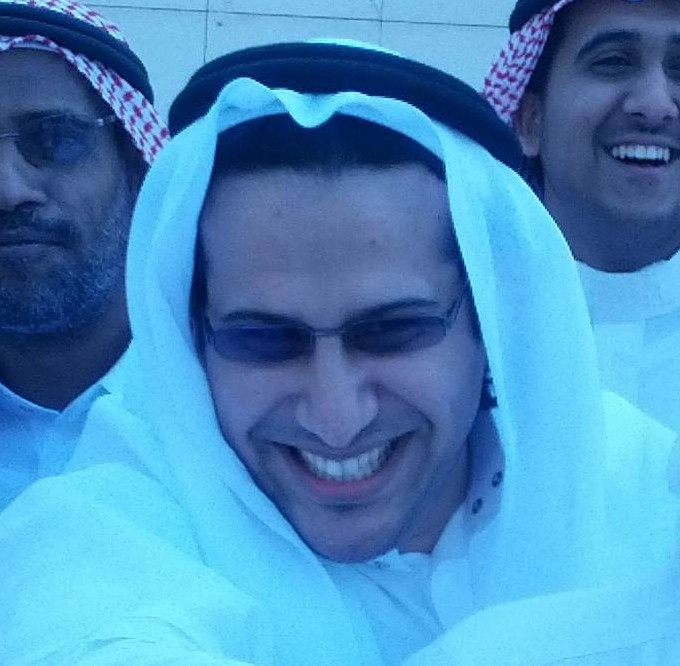Waleed Abulkhair Given 15 Years for Activism: Who is the Influential Saudi Human Rights Lawyer?

A Saudi court has sentenced a prominent rights lawyer to 15 years in prison and barred him from travelling for 15 years afterwards, on charges related to activism.
The Specialised Criminal Court in the western coastal city of Jiddah, which was set up in 2008 to try terrorism cases, found Waleed Abulkhair guilty of "undermining the regime and officials", "inciting public opinion" and "insulting the judiciary." Abul-Khair was also fined 200,000 riyals (£31,110), according to Al-Jazeera.
Abulkhair's wife Samar Badawi told The Associated Press that her husband has rejected his right to appeal the verdict.
"He rejected the verdict and refused to submit an appeal because he says this court is not legitimate. He does not see this court as legitimate," Badawi said.
Abulkhair, listed by Forbes magazine as one of top 100 most influential Arabs on Twitter, helped found a group called Monitor of Human Rights in Saudi Arabia (MHRSA). Arrested in April, he was tried under a new anti-terrorism law that targets activists and bans all form of political dissent or calls for reform.
The official Saudi Press Agency confirmed his organisation and any related websites had been ordered to shut down.
Who is Waleed Abul-Khair?
Born in Jeddah in 1979, Abulkhair began his career as a lawyer in 2007 when he joined Essam Basrawi's office. He established the MHRSA after finishing his Master's degree at Yarmouk University. Registered in Canada in 2012, the group is the first registered Saudi human rights organisation.
In 2007, Abulkhair and other activists released a reform petition titled Parameters of the Constitutional Monarchy. It requests that the Saudi Royal Family change the current ruling regime from absolute monarchy into a democratic system, and seeks to insure the participation of people through free elections.
One year later, Abulkhair organised a hunger strike for prisoners of conscience in Saudi Arabia for 48 hours, the first strike of its kind for a human rights case in the country.
International representation
In 2010, Abulkhair started to build his international reputation as a credible and reliable source to represent Saudi Arabia internationally in human rights causes.
He participated in two meetings arranged by the Dutch organisation Bridging the Gulf: one in the European Parliament about the human rights situation in Gulf states, the other in Kuwait about human rights activists in the Cooperation Council for the Arab States of the Gulf (GCC).
Abulkhair was appointed by the British Embassy as the dedicated lawyer for a British prisoner in the same year.
Samar Badawi
Samar Badawi, who was in prison for disobedience under the Saudi Arabian male guardianship system, was defended in court by Abulkhair. She and her father, who physically abused her for 15 years, filed court cases against each other.
Badawi's father accused her of disobedience under the male guardianship system and she charged her father with "adhl", for refusing to allow her to marry. She was imprisoned in April 2010 and released in October 2010 after an international support campaign using social media, after which her guardianship was transferred to an uncle.
The Free Samar Campaign is considered the first Saudi Twitter campaign to have an actual effect in reality. Badawi and Abulkhair later married.
Social movements
Abulkhair had a role in several Saudi social movements in 2011. He wrote several petitions demanding civil and political rights, including the right for women to drive.
In that year, Forbes Middle East named him as one of the top 100 Arab activists on Twitter with more than 40,000 followers.
Abul-Khair's trial
Since June 2013, Abulkhair has been on trial because of his human rights work. Charges against him include: "offending the judiciary"; "communicating with foreign agencies"; "asking for a constitutional monarchy"; "participating in media [programmes] to distort the reputation of the country"; and "incitement of public opinion against the public order of the country."
© Copyright IBTimes 2025. All rights reserved.






















